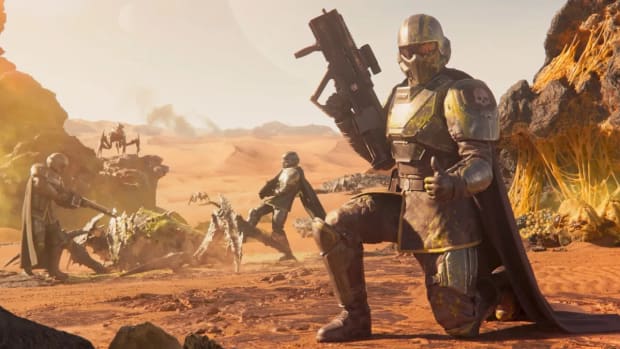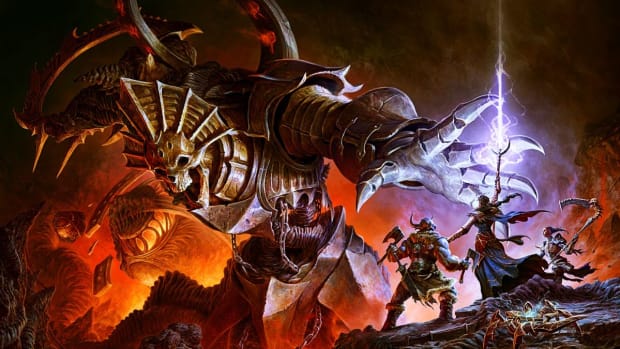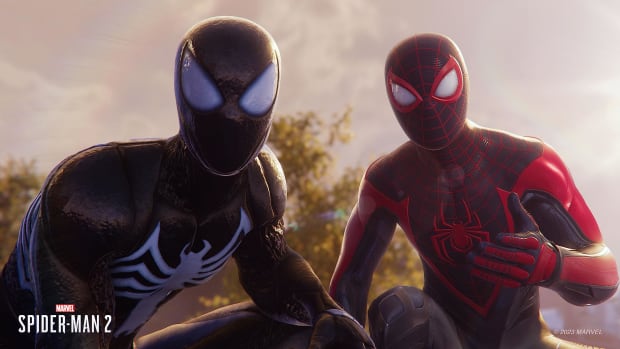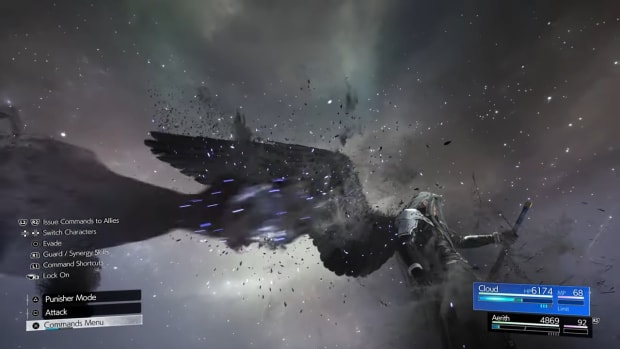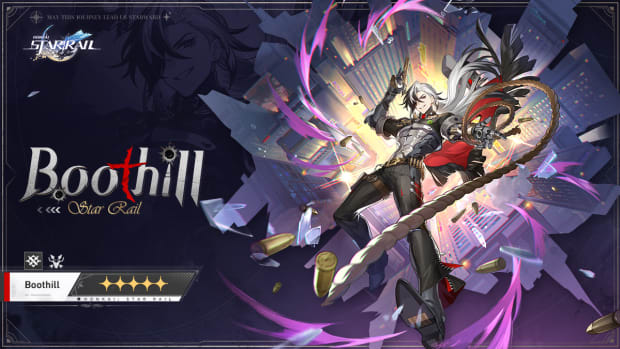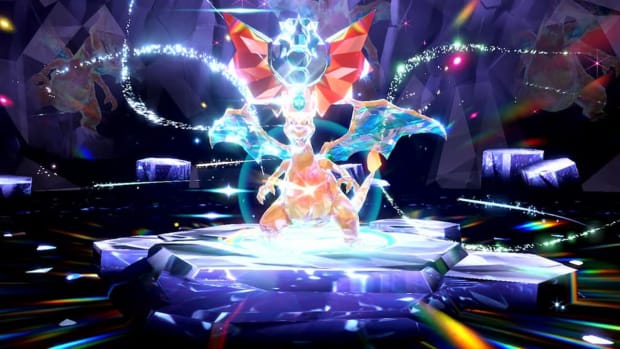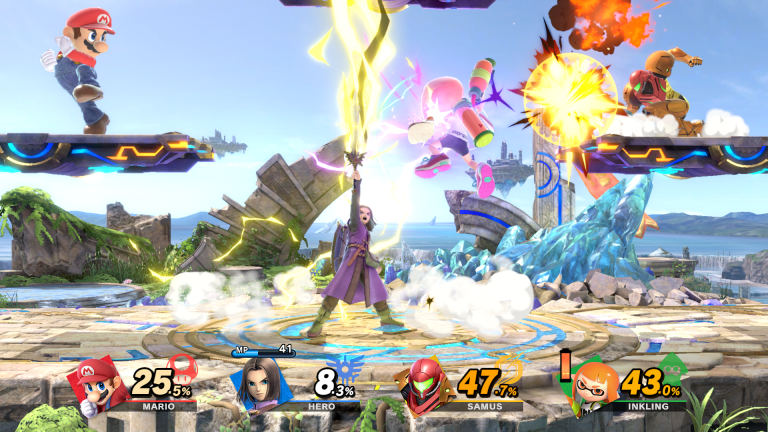
Smash World Tour Shutting Down
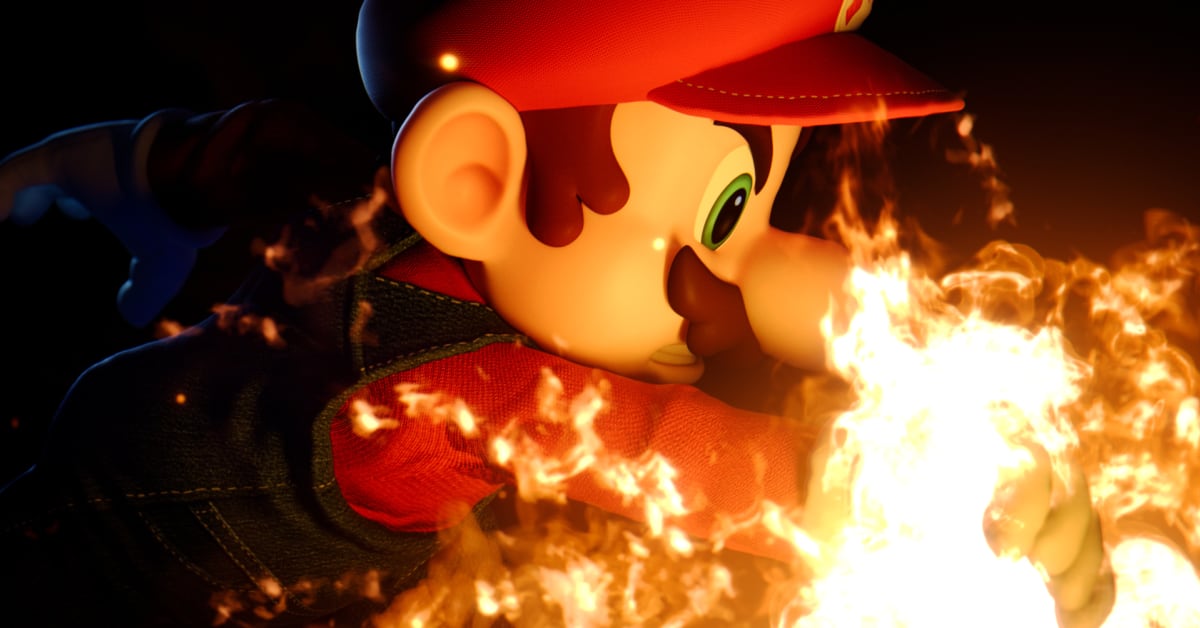
Competitive Smash Bros. has long had a complicated relationship with Nintendo. All the way back to Smash Bros. Melee for the GameCube, a healthy competitive scene has tried to establish itself among mainstream esports. Even in an era where esports basically just meant Starcraft and Counter-Strike, the fighting game community was already getting off the ground.
In the 2010s, with events like EVO becoming popular, many titles began to see increased competitive support from their developers. This didn't always take the form of organized competitions but often just changes to the game itself that allowed for the already established grassroots scene to better function.
Unspoken Terms
Unlike games such as Tekken or Street Fighter, whose creators often would take steps to help their games in a competitive sense, Nintendo strived to take a much more hands off approach to Smash. In that, an uneasy, unspoken agreement seemed to form around the competitive Smash community: "Don't be a problem, and we won't give you any problems."
Of course, this agreement wasn't always adhered to on either side. As Smash Melee continued to age, more and more steps had to be taken to play the game competitively. 3rd party controllers became prevalent as old GameCube controllers became harder to find. Modifications were made to the game by fans to allow for online multiplayer, and stories of seedy behavior at Smash tournaments became more prevalent with the increased focus on the esports space.
On Nintendo's side, they began to combat practices they saw as harmful to their product, issuing cease and desist and forcing tournaments to shut down when they felt necessary. Many in the community began to see them as resentful of the success of their own game's competitive scene. That's when everything seemed to reach a standstill until recently.
Smash World Tour
Over the last two years, things seemed to start finally moving in a positive direction. Following successes with games like Splatoon, Nintendo seemed to become more interested in a competitive scene for their games. They began approaching tournament organizers about a licensing system to allow for Nintendo-sanctioned events. This would mark a major first for 3rd party operators.
Among these, two major organizers stood out. One was Panda.GG, organizers of the Panda Cup and a number of other Smash events each year. The other was the Smash World Tour which was set to hold a $250,000 dollar championship in December of 2022 and a $350,000 dollar series in 2023.
Earlier this week, in an open letter to Nintendo, the Smash World Tour announced the cancellation of both events and explained the timeline of the last year that brought them to the decision just two weeks before their event in San Antonio was scheduled. The full letter can be read here. Nintendo meanwhile published a response which can be read here.
So what happened?
As is too often the case, there is no clear answer on what actually took place. Nintendo's story and Smash World Tour's do not line up. Smash World Tour responded today, clarifying some positions and standing by their original assertions urging Nintendo to re-evaluate and reconsider their approach to the Smash community and the key partner they are operating with.
While Panda.GG didn't reply to our request for comment, they posted on Twitter today with an official response to the situation. In it, they corroborate Nintendo's assessment of how things played out and claim SWT's accusations against both them and Nintendo to be untrue. It's worth noting that Nintendo and Panda.GG remains partnered moving forward.
Nintendo replied to our request for comment quote: "Unfortunately, after continuous conversations with Smash World Tour, and after giving the same deep consideration we apply to any potential partner, we were unable to come to an agreement with SWT for a full circuit in 2023. Nintendo did not request any changes to or cancellation of remaining events in 2022, including the 2022 Championship event, considering the negative impact on the players who were already planning to participate."
Nintendo claims to have come down on the side of allowing the 2022 championship to run while insisting on the cancellation of their 2023 events while SWT works on a license for 2024. Smash World Tour, on the other hand, stands by its understanding that Nintendo's position was that all their events must be canceled.
Either someone isn't being entirely honest, or there was a grave misunderstanding between the two organizations. And unfortunately, as always, the ones who are going to pay the price are the players who booked flights and hotels to come to compete, and the fans who would have attended. In an industry that is too often plagued with decisions made behind opaque doors, this is just another example of why we need a lot more transparency.
